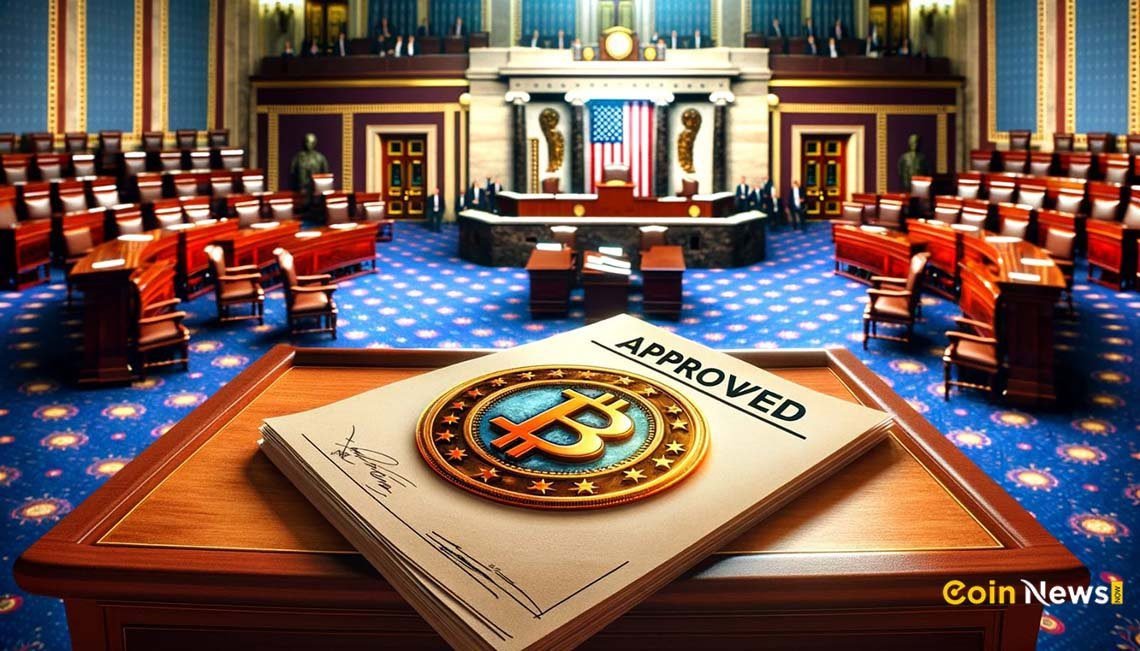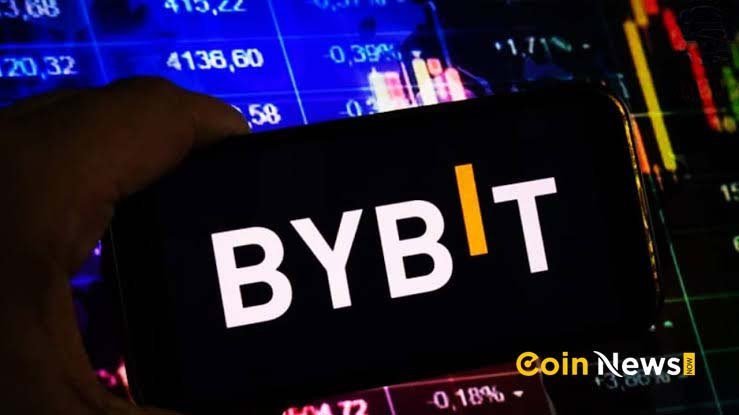US House Defies SEC Approves Pro-Crypto FIT21 Legislation with Robust Backing
In a landmark decision for the cryptocurrency sector, the US House of Representatives recently passed the Financial Innovation and Technology for the 21st Century Act (FIT21), also known as H.R. 4763. Despite warnings from the SEC and the absence of a companion bill in the Senate, the legislation received strong bipartisan support. This move marks a significant step in digital currency regulation, although the bill’s future remains uncertain as it faces Senate scrutiny and potential opposition from President Joe Biden.
House Approves FIT21, Paving the Way for New Crypto Regulatory Framework
On May 22, the US House decisively approved FIT21 with a vote of 279-136, garnering support from 71 Democrats and 208 Republicans. The bill aims to establish a new legal framework for digital currencies by shifting regulatory oversight from the Securities and Exchange Commission (SEC) to the Commodity Futures Trading Commission (CFTC). This change has been welcomed by the crypto industry, which sees the CFTC as a more favorable regulator.
Coinbase CEO Brian Armstrong hailed the bill’s passage, emphasizing the support of 71 Democrats as “a complete victory” and a win for “clear crypto regulations.”
Variant Fund legal chief Jake Chervinsky noted, “This is a significant number of elected Democrats expressing ‘no confidence’ in the current SEC.”

FIT21 Bill Encounters Challenges and Uncertainty in Senate Approval Process
The path forward for FIT21 in the Senate is fraught with uncertainty. The lack of a companion bill and the opposition from prominent crypto critic Senator Elizabeth Warren present significant challenges. Although the Senate recently passed a resolution to eliminate a rule restricting banks and crypto firms from doing business, the timeline for Senate consideration of FIT21 remains unclear. The bill may undergo extensive reviews, hearings, and markups before a vote, requiring a majority of 51 senators to pass.
FIT21’s Fate Uncertain as President Biden’s Approval Remains in Question
Even if FIT21 clears the Senate, its fate lies with President Biden, whose approval is not assured. The White House has voiced concerns over the bill, citing insufficient consumer protection measures. However, the administration has not explicitly stated whether it would veto the legislation. If Biden vetoes FIT21, the House and Senate could still override the veto with a two-thirds majority vote in both chambers.
Mixed Reactions to FIT21: Crypto Industry Celebrates, SEC Chair Warns of Risks
The crypto industry has largely celebrated the passage of FIT21 in the House. Coinbase CEO Brian Armstrong called it a “total victory” and a step towards clear crypto regulations. Variant Fund legal chief Jake Chervinsky noted the significant number of Democrats voting against the current SEC stance, interpreting it as a vote of no confidence in the agency’s current approach.
Conversely, SEC Chair Gary Gensler has been vocal in his opposition to FIT21, arguing that it creates “new regulatory gaps” and undermines established securities laws, potentially jeopardizing investors and capital markets. Gensler emphasized that the crypto industry’s issues stem from non-compliance with existing rules rather than a lack of regulatory clarity.
Implications for Crypto Regulation
FIT21 aims to classify most digital assets as commodities, thus shifting their regulatory oversight to the CFTC and away from the SEC. This change is particularly significant given the Biden administration’s SEC-led crackdown on the crypto industry. The bill’s passage could result in a dual regulatory regime, with the SEC overseeing less decentralized cryptocurrencies while the CFTC regulates more decentralized assets.
House Majority Whip Tom Emmer expressed optimism, stating that FIT21 would establish a globally competitive framework, providing entrepreneurs with the clarity and assurance needed to innovate within the United States while upholding American values.

The passage of FIT21 in the House marks a pivotal moment for cryptocurrency regulation in the United States. While the bill’s future in the Senate and its potential approval by President Biden remains uncertain, its advancement has already ignited significant discussion and debate. As the crypto industry continues to evolve, the outcome of FIT21 will play a crucial role in shaping the regulatory landscape for digital currencies in the US.












